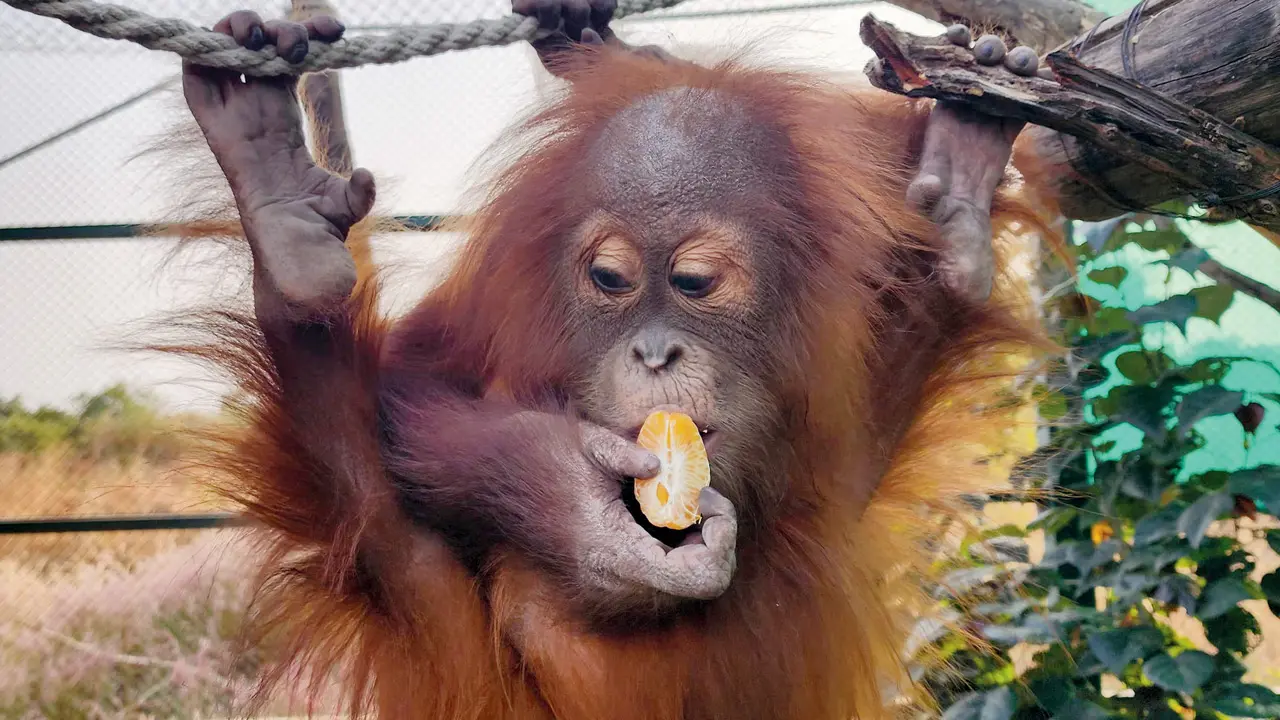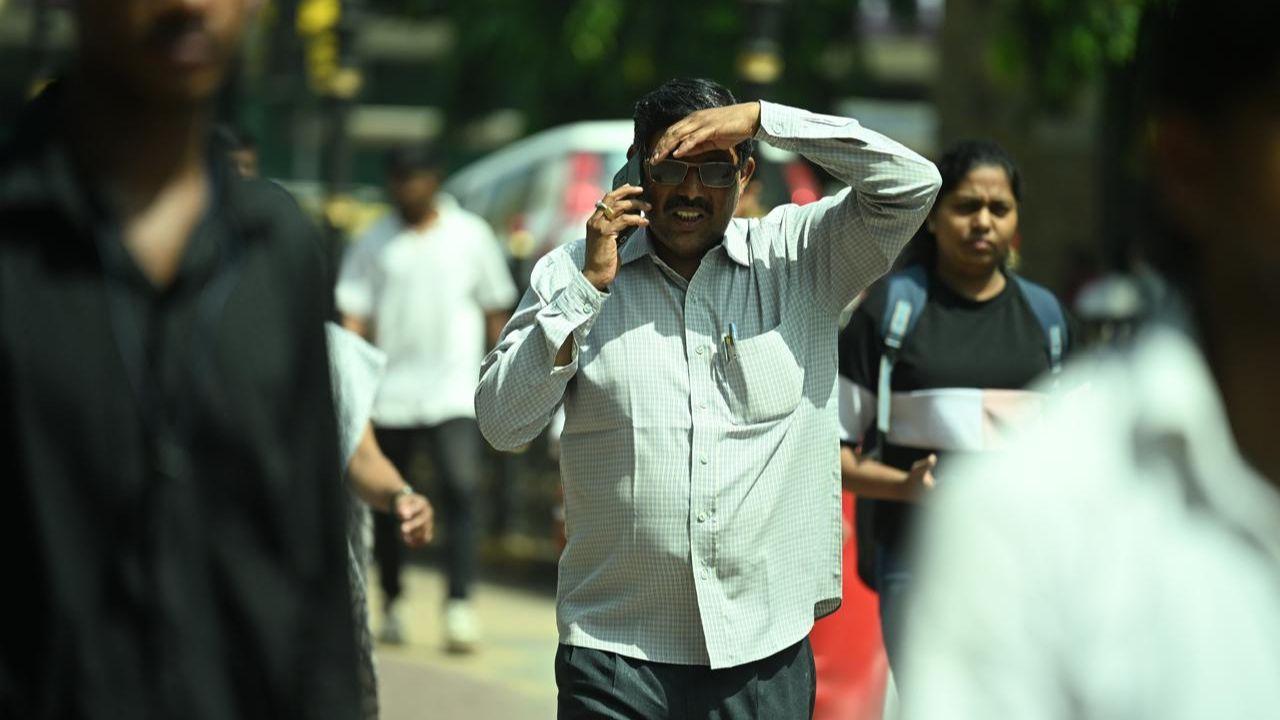
The baby orangutan rescued from a Dombivli apartment last year by the forest department will soon be repatriated to Indonesia. Care for the critically endangered primate is being provided at a rescue and rehabilitation centre in Gujarat, and the Wildlife Crime Control Bureau (WCCB) has initiated the process of repatriating it to its native land. Orangutans are listed as critically endangered on the International Union for Conservation of Nature (IUCN) Red List of threatened species.
Sources from the Ministry of Environment, Forest and Climate Change (MOEF&CC) told mid-day that the rescue and rehabilitation centre, which has been taking care of the baby orangutan, wrote to WCCB in the first week of October informing that the baby orangutan under care has recovered, and is stable and fit for transfer.
A WCCB official told mid-day that it has secured the export permit, and Indonesian authorities have secured the import permit as part of the repatriation procedure. “Once the remaining formalities, such as obtaining the animal quarantine NOC, are completed, the animal will be sent to Indonesia,” said the official.
On the IUCN Red List, Bornean orangutans are listed as critically endangered. The species is native to the rainforests of Borneo island in Southeast Asia. The population of this charismatic species has decreased at a very high rate due to habitat loss, poaching, and wildlife trade, leading to an extinction risk. The species is also listed in Appendix I of the Convention on International Trade in Endangered Species of Wild Fauna and Flora (CITES).
Case background
On November 20, 2024, a mid-day report titled ‘Orangutan, exotic reptiles seized in Dombivli raid moved to Nagpur for care and upkeep’ stated that the Maharashtra forest department and local police, conducted a raid in a flat at an upscale society in Dombivli and rescued the animals.
In order to take proper care of the orangutan and other wild species rescued in the raid, as per the directions of the then CWLW (Chief Wildlife Warden) of Maharashtra, the animals were shifted to a state-recognised facility for further care and upkeep in Nagpur. Sources from the forest department told mid-day that they were later shifted to a rescue and rehabilitation facility in Gujarat for better care.
Official Speak
Honorary Wildlife Warden of Thane, Pawan Sharma, said, ”Repatriating endangered wildlife to their native countries of origin, even if they were bred in captivity or trafficked from elsewhere, is a crucial step in global wildlife conservation. Without such measures, these animals often remain in zoos or rescue centres in the countries where they were seized, leading to unnecessary strain on local resources. In contrast, returning them to their country of origin allows them to play a valuable role in re-wilding initiatives, breeding programs, or native rescue and rehabilitation facilities. Establishing strong international policies on the repatriation of trafficked animals is the need of the hour.”
Person of the forest
Orangutans are a species of great apes native to Indonesia and Malaysia and are listed under Appendix I of the Convention on International Trade in Endangered Species of Wild Fauna and Flora. The illegal trade of orangutans is regularly reported in India. In 2015, before Andhra Pradesh police could catch an international smuggling gang with two baby orangutans near Eluru in West Godavari district, two of its members managed to flee with the animals.
The word ‘orangutan’ means “person of the forest” in Malay. In Borneo, orangutans spend most of their lives walking, swinging, and climbing through dense rainforests. These highly intelligent great apes are known to make tools, using leaves as umbrellas or cups to drink water. They are semi-solitary and value their privacy, but in captivity, they’re used as attractions and constantly surrounded by people. They’re denied the opportunity to learn critical life skills or engage in activities that are meaningful to them.










